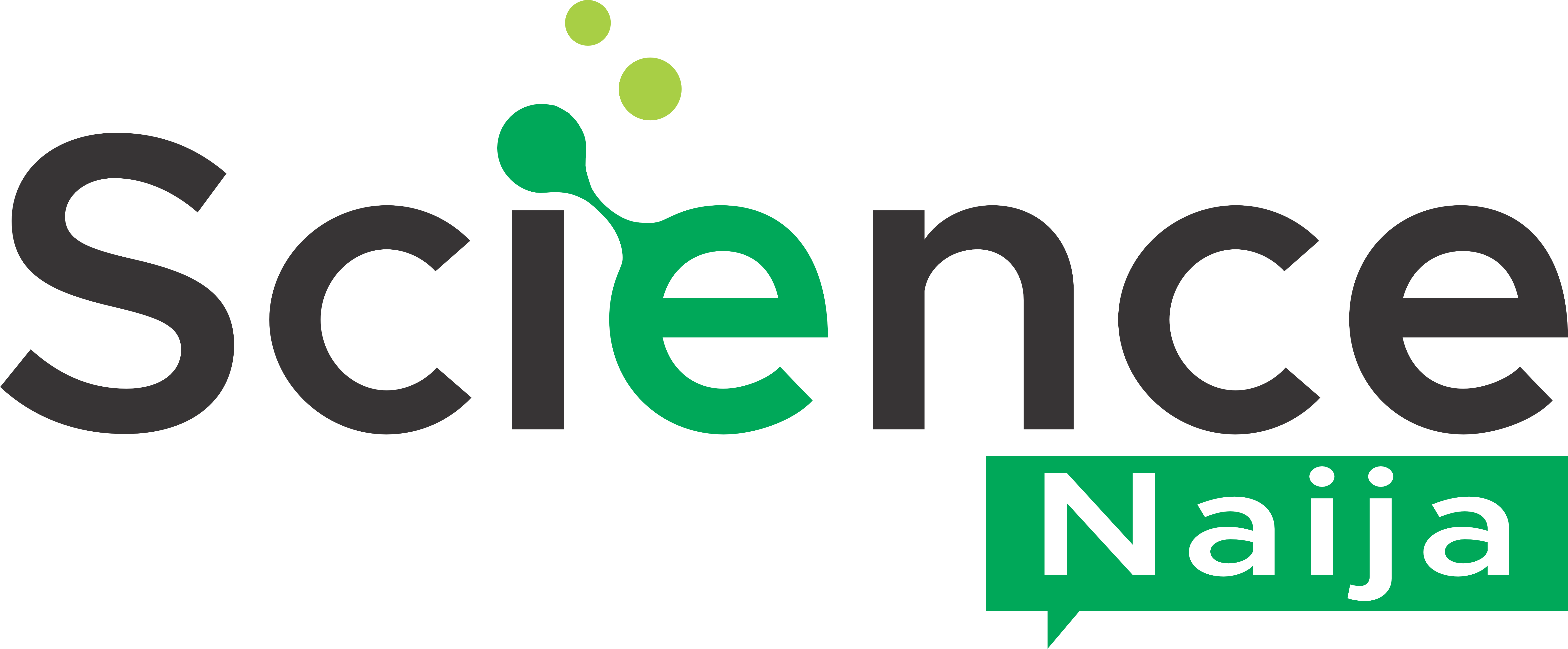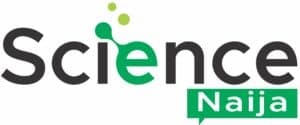The inadequate utilization of science, technology, and innovation (STI) for fostering economic growth is a significant factor contributing to the poor economic performance of many Sub-Saharan African (SSA) nations. STEM education plays a crucial role in enhancing productivity across various fields. In today’s knowledge-driven society, countries making significant developmental strides are those that prioritize and invest in STI.
Science, Technology, Engineering, and Mathematics (STEM) are pivotal drivers of innovation, which is essential for economic advancement. They serve as tools for improving living standards, boosting competitiveness, and fostering problem-solving through research and development. The activities of the 21st century are heavily influenced by science and technology, as well as a nation’s capacity to promote health, combat diseases, and preserve the environment.
STEM education is intertwined with both the workforce’s characteristics and technological innovation. Educational quality, particularly in terms of cognitive abilities, particularly in science and mathematics, is a more reliable indicator of economic outcomes than general educational metrics. Research on STEM education across various nations indicates that the quantity and caliber of STEM skills impact economic performance, although many countries lack a systematic focus on the connection between STEM education and the uptake of STEM skills in the labor market.
Furthermore, there’s growing interest in nurturing advanced STEM expertise that intersects with both business innovation and research and development. This stems from the widespread belief that the level and quality of STEM competencies significantly influence economic success. Consequently, enhancing the overall standard of human capital and broadening the pool of highly skilled individuals capable of studying, innovating, and effectively adapting to technological changes should be a primary focus.
In examining the importance of STEM education in enhancing productivity, it is noted that a primary driver for STEM education is to provide the necessary foundation for powering a technology-driven economy. This is because technological innovation has been attributed to as much as 75% of the growth in the American economy since World War II. Without a population proficient in science, technology, engineering, and mathematics, such innovation is simply not possible. Consequently, the potential of the innovation economy hinges on having a sufficient quantity and quality of individuals with STEM education. Thus, STEM education serves as a crucial platform for preparing the nation’s youth for the challenges posed by a highly competitive technological world.
Moreover, it is important to understand that the ability to engage with, learn from, adapt to, utilize, and innovate with existing technology is increasingly becoming a vital metric for measuring international competitiveness. In essence, nations that fail to innovate risk falling behind in competitiveness. Therefore, the provision of STEM education, including information and communication technology (ICT) skills, particularly at the primary level, represents a fundamental distinction between developed and developing nations.
STEM skills, including ICT proficiency, are becoming increasingly essential across various disciplines as technology evolves rapidly. To cultivate a skilled workforce capable of driving diverse sectors of the economy and maintaining leadership in research, innovation, and technological development, strengthening STEM skill acquisition at all levels is imperative.

The integration of technology has significantly transformed the educational landscape in Nigeria, impacting how students learn, how teachers develop their skills, and how administrators manage various aspects of the educational system. Technology enables educators to extend their influence beyond the traditional classroom setting, facilitating remote instruction, feedback, and support. The use of technology not only enhances the effectiveness of teaching and learning but also makes the process more engaging and enjoyable for students. The potential applications of technology in education are virtually limitless.
Within the Nigerian school system, software tools like Inquiry Learning Space (ILS) and Go-Ga Lab can be leveraged for e-learning to complement teachers’ lessons and enhance students’ learning capabilities. Teachers can use technology to monitor student assignments and classroom progress. Inquiry-based learning, facilitated by technology, encourages students to explore and solve problems through research and challenging questions, fostering critical thinking and problem-solving skills.
Inquiry-based learning is designed to swiftly immerse students in the scientific method, aiding in the development of their critical thinking skills. However, the successful implementation of this approach in classrooms largely depends on teachers’ attitudes towards utilizing such tools. While teachers generally hold positive attitudes towards incorporating information and communication technology (ICT) into their teaching, its actual integration into the classroom remains limited and is subject to innovative processes.
Engaging in inquiry activities can enhance students’ understanding of science, foster creative thinking, and improve their abilities to gather and analyze data. Inquiry Learning Spaces (ILS) provide online environments where students can interact with virtual laboratories, multimedia tools, and learning materials, offering contextualized learning experiences and instructional support.

Utilizing digital tools like interactive visualizations and virtual labs, inquiry-based learning can help students understand complex scientific concepts and tackle problems more effectively. To achieve Nigeria’s aspirations of becoming a leading innovator by 2030 and meeting Sustainable Development Goals (SDGs), investments must be made in improving the educational system, particularly through teacher training programs that emphasize the use of cutting-edge techniques.
Platforms like Go-Lab and ILS facilitate student technology adoption, knowledge integration, and learning outcomes across various academic levels. Research indicates that students, particularly those with higher achievement levels, respond positively to these platforms’ perceived utility. GO-GA, funded by the European Commission’s Horizon 2020 Research and Innovation Financing Program, aims to accelerate the adoption of enriched learning environments and enhance STEM education outcomes in African secondary schools.
The initiative seeks to adapt the Go-Lab Ecosystem to the needs of teachers and students in countries like Nigeria, Kenya, and the Republic of Benin. Tai Solarin University of Education serves as a hub for teacher training under the Go-Lab initiative, with designated Master Trainers overseeing the implementation of inquiry-based learning in selected STEM subjects for SS1 class students in both private and public schools.



